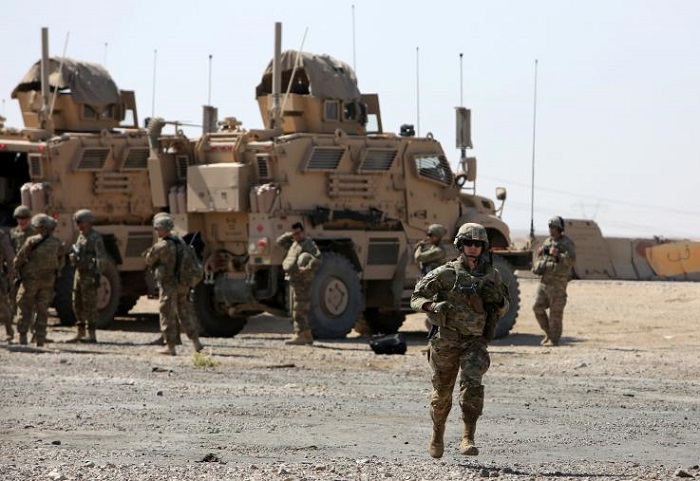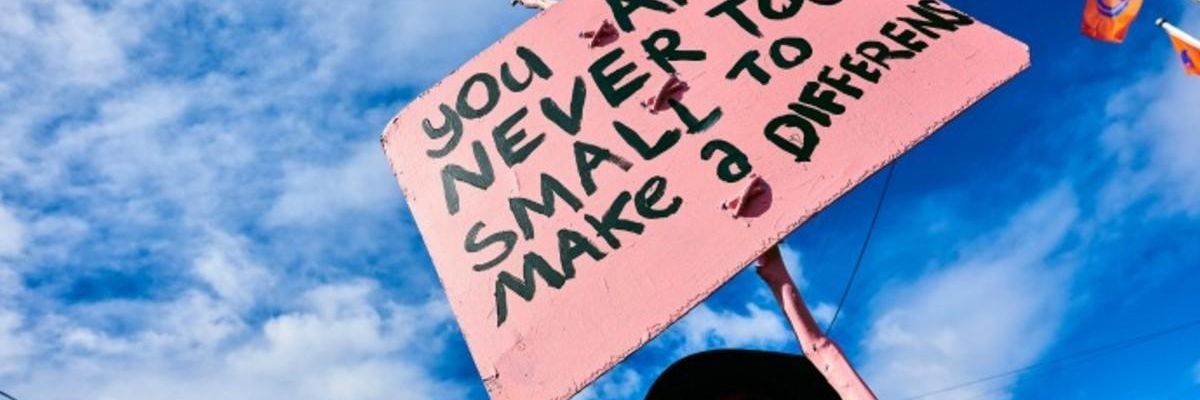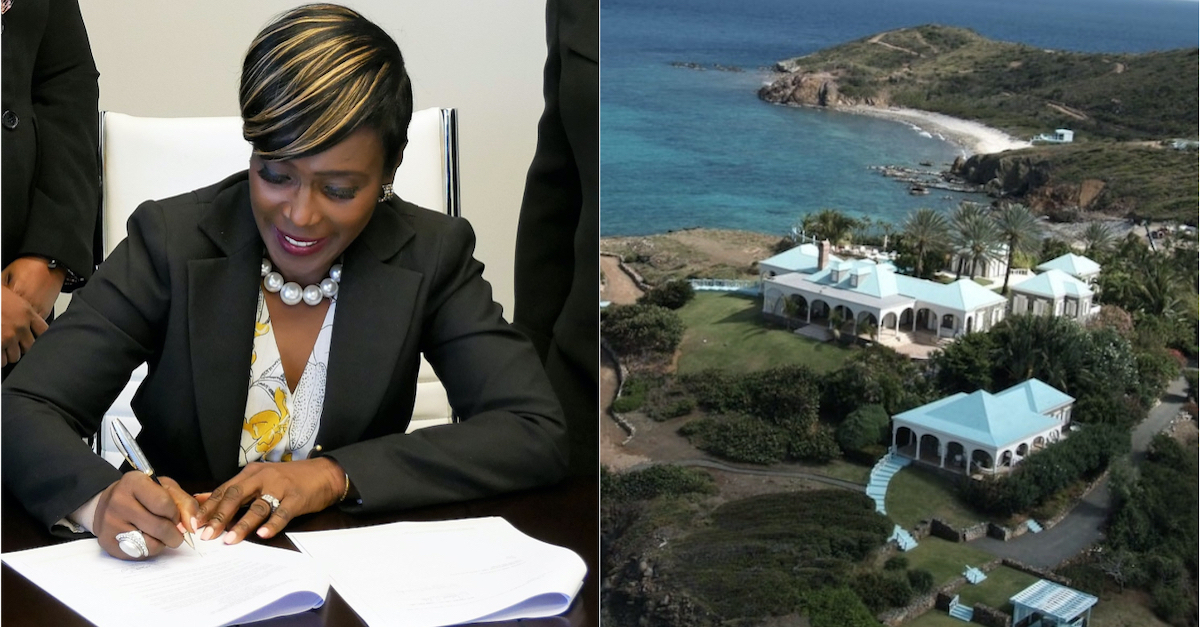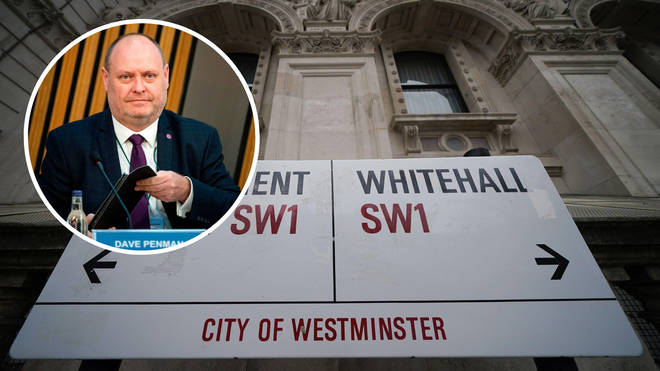
The United States of America has redeployed 500 troops to Somalia to help in the fight against militant Islamists.
The redeployment came after former US President Donald Trump ordered the withdrawal of the troops in December 2020 following years of strained relations with President Hassan Sheikh Mohamud’s predecessor Mohamed Abdullahi Mohamed “Farmajo” who was voted out of office by Somalia’s lawmakers.
The US considered Mohamed Abdullahi Mohamed “Farmajo” to be a failure both in terms of governance and the campaign against Islamist militant groups al-Shabab and the much smaller Somali branch of the Islamic State (IS) group.
The US Africa Command (Africom) said it will maintain a “small, persistent US military presence” in Somalia.
This comes as Somalis have experienced a surge of Islamist attacks since the departure of U.S. troops.
The number of al-Shabab attacks rose from 1 771 to 2 072 in the year following the US pull-out, according to The Africa Centre for Strategic Studies.
Last month, security officials said that about 450 al-Shabab fighters attacked an African Union base in southern Somalia, killing at least 40 Burundian soldiers.
United Nations experts have described al-Shabab as al-Qaeda’s most powerful and wealthy affiliate. They estimate it has as many as 12 000 fighters and the ability to raise a monthly revenue of about $10m (£8m).
A previous campaign of US air strikes disrupted the group’s activities, preventing senior militants from moving around and making it more difficult for al-Shabab infantry to carry out big attacks.
Some are sceptical about the return of the US military, highlighting that ordinary people have become victims of US drone attacks.
The UAE, Qatar, the UK, the European Union, Eritrea, Uganda, Kenya, Djibouti and others have also been involved.
This has led to a lack of coordination within the security forces. In some cases, troops trained by a particular country become aligned with a particular political group.
In April 2021, fierce fighting erupted between different factions of the security forces in Mogadishu sparking fears of a return to the catastrophic civil war of the 1990s.
Rumour is rife in Somaliland that America is planning to build a military base in Berbera.
There are plenty of reasons for the US to be interested in Somaliland, a territory that is in a highly strategic location, according to The Star.
i). Its 800km (500-mile) coastline stretches along one of the world’s busiest shipping routes.
ii). Its neighbour, Djibouti, is “full” offoreign military bases, including Chinese and American ones.
iii). Berbera offers an attractive alternative as it is close to some of the world’s most unstable places, including Yemen, Somalia and Ethiopia, which has been a key US ally in the “War on Terror”.
Meanwhile, Somalia regards Somaliland as an integral part of Somalia which means the U.S. has to be cautious.












